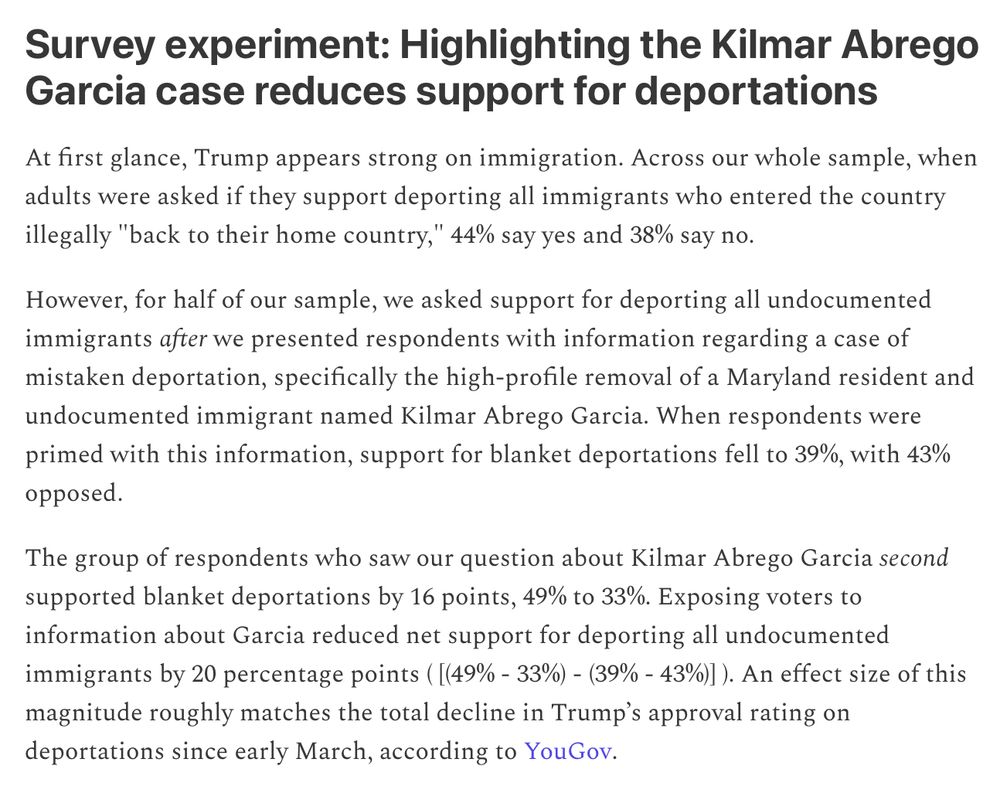Information effects, misperceptions, egg sandwiches
My book is "The Invented State: Policy Misperceptions in the American Public"






Closed-ended survey responses are efficient and easy to analyze, but limit what respondents can say. Open-ended responses are useful for letting respondents answer with more depth in their own words (as opposed to yours).

Closed-ended survey responses are efficient and easy to analyze, but limit what respondents can say. Open-ended responses are useful for letting respondents answer with more depth in their own words (as opposed to yours).

Right ….
It then lists these four Q&As, also on the OPM site: www.opm.gov/fork/faq




Right ….
Government that is failing? It is omnipresent.
These internships are paid and a great learning/networking experience for undergrads: pewtrusts.wd5.myworkdayjobs.com/en-US/Center...

These internships are paid and a great learning/networking experience for undergrads: pewtrusts.wd5.myworkdayjobs.com/en-US/Center...

